Iraq aims to shift its economy away from oil dependency towards tourism. While Western visitors have been making news in previously risky areas of Iraq recently, it is likely that Arab tourists will be the ones driving growth in this sector.
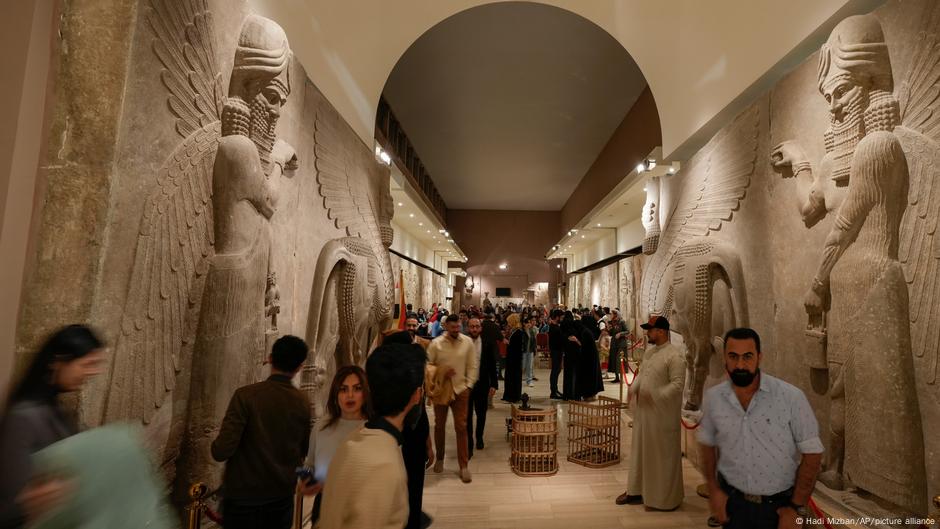
The main plaza in central Baghdad, where Iraqi Prime Minister Mohammed Shia al-Sudani is set to deliver a talk on tourism, is encircled by precisely the type of historical structures visitors would be eager to explore upon their arrival: two mosques dating back 200 years, one of the Middle East’s earliest universities, an 800-year-old fortress, the city’s most ancient church, and what used to serve as the administrative center of Baghdad under Ottoman rule.
However, the region surrounding Saray Square still shows the marks of Iraq’s more contemporary past, deterring visitors for many years. Adjacent to this square lies Muttannabi Street. Back in 2007, a car bomb Injured 30 individuals and extensively damaged the street renowned for its book vendors. In 2019, the adjacent Rasheed Street transformed into a volatile front line, witnessing clashes between protesters and law enforcement agencies. during anti-government protests .
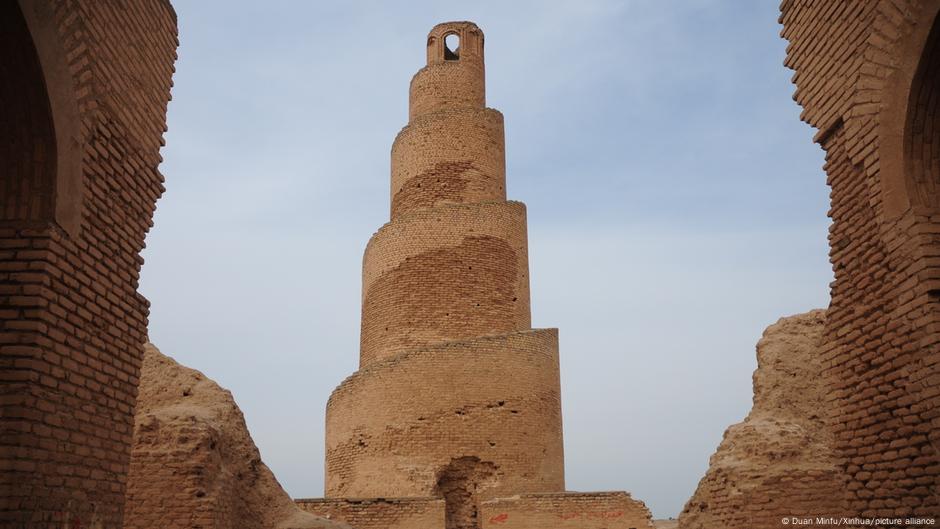
However, significant changes have occurred over the past five years, with Iraq enjoying an extended phase of relative peace and stability. As a result, on this late February evening, government representatives are marking the commencement of Baghdad’s designation as the Arab Capital of Tourism 2025—an annual honor conferred by the Arab Tourism Organization within the framework of the Arab League. White rows of chairs for international guests line up before a giant monitor, powerful spotlights illuminate from above, and unmanned aerial vehicles buzz in the sky; subsequently, musicians positioned onstage will perform traditional Iraqi tunes.
Iraq has regained its prominent status among nations due to the sacrifices of its citizens, now drawing visitors globally to explore its ancient cultures," declared Iraqi Prime Minister Al-Sudani when he was presented with a significant ceremonial key by representatives from Oman, which will hold the 2024 presidency.
Moving away from oil
As with many other oil-producing nations In the area concerned about global shifts towards reducing reliance on fossil fuels, Iraq is eager to broaden its national revenue streams and promote increased employment opportunities within the private sector. instead of the oil sector or public sector.
Tourism – primarily driven by religious visits – currently contributes about 3% directly to Iraq’s GDP. However, the Iraqi government aims to increase this figure to 10% by highlighting additional attractions that the country can provide.
This isn't an unrealistic aspiration. In nations such as Egypt, Tunisia, Morocco, and the United Arab Emirates, where tourism is well-established, the industry accounts for roughly 7% to 9% of their respective GDPs.
Moreover, Iraq attracts anywhere from 6 to 10 million religious visitors annually—primarily from Iran and Turkey—as it houses several of the world’s most significant Islamic sanctuaries.
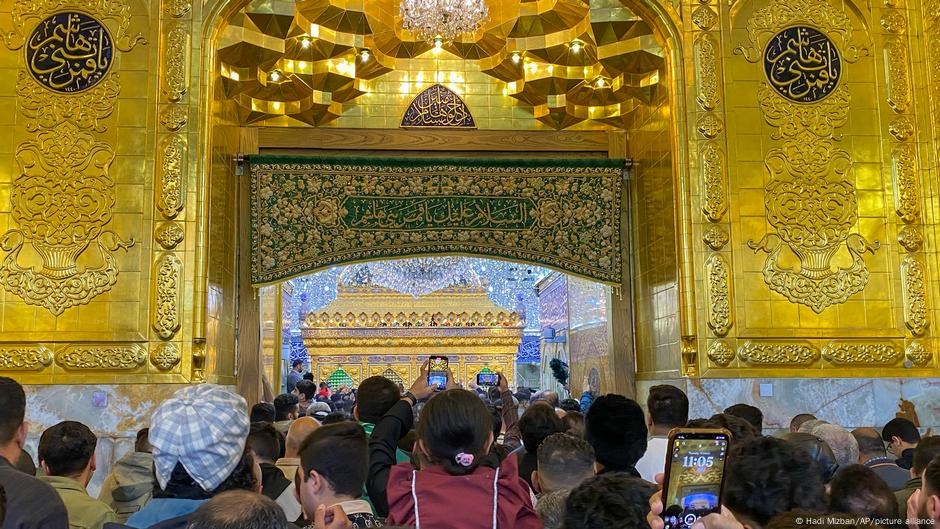
Nevertheless, because the Iraqi government eased visa restrictions for foreign visitors in 2021, providing instant visas upon arrival to citizens of more than 30 nations, this trend has begun to shift.
Precise figures are difficult to obtain due to the varying methods used to count visitors in Iraq; however, according to tourism officials from last year, approximately 400,000 international tourists visited for cultural or recreational purposes.
Ambitious plans
"It's 100% possible," says Ali al-Makhzomy of Iraq's tourism ambitions. Al-Makhzomy is the founder and chairman of Bil Weekend, a local tour agency that works with both domestic and international tourists. "It could even cover 30% of the Iraqi budget," he enthuses, before adding, "with some conditions, of course."
There is no doubt Iraq has all the ingredients: This includes six UNESCO World Heritage sites , locals who exhibit an exceptionally welcoming demeanor towards visitors, along with natural wonders and archaeological marvels that date back millennia.
International news has spotlighted Western tour groups and travel influencers visiting Iraq due to the common perception of the country being unsafe for travelers. However, tourists from Arab nations might yield the most significant short-term economic benefits.
Even though Pope Francis officially visited Iraq in 2021 and this had an impact on how many viewed the country, people spoke to DJOGDJA NEWS about their experiences locally. visitors from Arab countries It wasn't until a significant football event took place in Southern Basra at the beginning of 2023 that people truly began visiting Iraq for cultural tourism purposes.
"The Gulf Cup In Basra, when Iraq truly welcomed Arab travelers," explains Diyar Talal, one of the founding members of the non-profit Iraqi Travelers' Café (ITC), an online community boasting approximately 100,000 followers across various social platforms. "We began noticing individuals from GCC nations like Saudi Arabia, Bahrain, and Kuwait arriving here primarily for leisure travel rather than solely pilgrimage purposes.
Domestic tourism also booming
In 2016, Al-Makhzomy launched his company to serve the local market when he observed that residents were growing more curious about their heritage, even though they weren’t always sure how to delve into it. He chuckles as he mentions that many historical sites in Iraq frequently remained shut during weekends.
Currently, al-Makhzomy reckons that approximately 20,000 Iraqis explore historical sites such as the location of ancient Babylon each month.
He proposes, 'There are numerous opportunities available,' such as culinary ventures tied to historical landmarks and an increased demand for drivers and tour guides. Should you be a young person residing locally who begins crafting souvenirs, you would likely see successful sales.'
Chances abound due to numerous unmet needs within the local market. Even though vendors along Baghdad’s bustling Muttannabi Street manage stalls brimming with refrigerator magnets, figurines, and Iraqi flags, several prominent sites offer limited purchasing options. Take the Iraq National Museum in Baghdad as an instance; it houses some of the planet's most remarkable relics, such as a 3,600-year-old artifact representing humanity’s earliest known literary work. However, visitors can only buy items like a worn-out greeting card from a poorly maintained souvenir store located there.
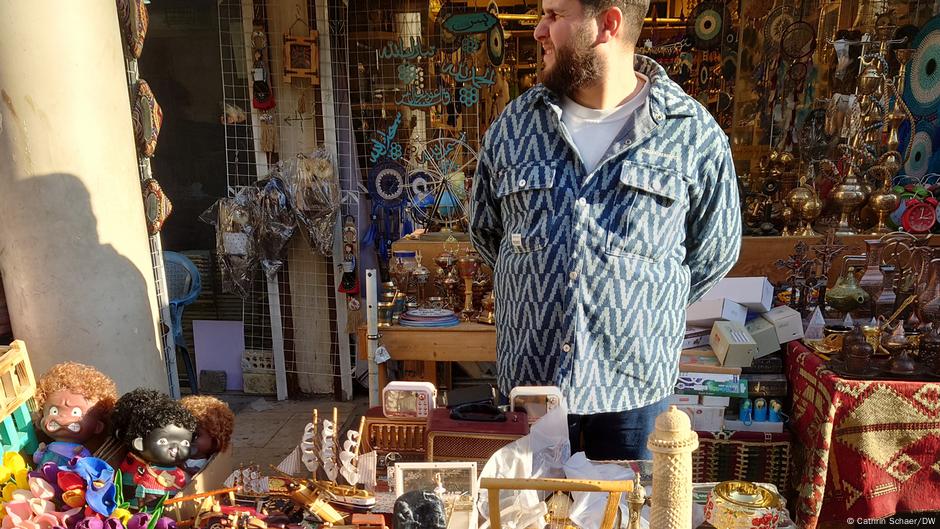
As a local put it anonymously for fear of losing their position, the distinction lies in government-operated places such as museums, where employees apparently feel less motivated since "they receive their salaries regardless." In contrast, the private sector thrives with business owners who are driven by entrepreneurship.
Vision wanted
Clearly, there are several larger obstacles hindering Iraqi tourism. Numerous Western nations continue to warn their citizens against traveling to Iraq. Although visitors from Gulf states could enter without visas to watch soccer matches in Basra, individuals from other Arab countries might face more difficulties obtaining entry compared to most Europeans. Additional challenges involve neighboring conflicts, like those in Gaza. climate change , rendering Iraqi summers progressively inhospitable for tourism.
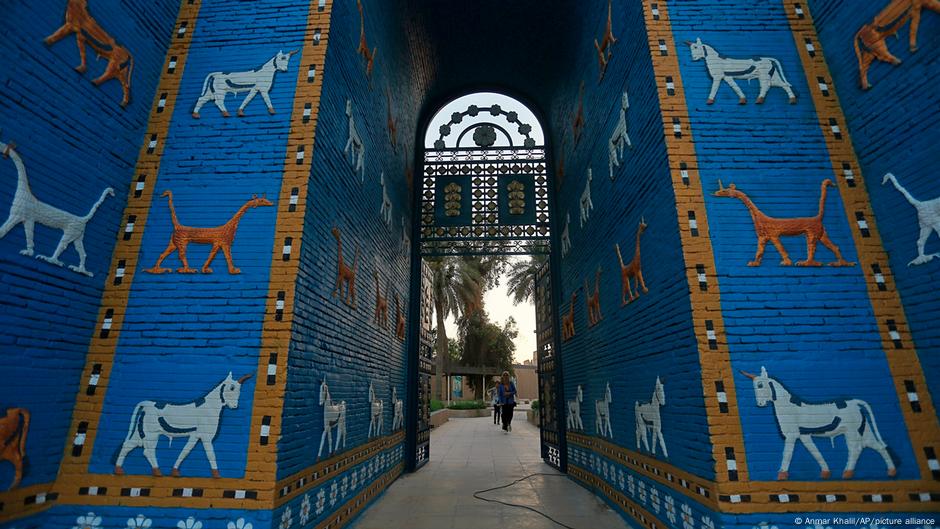
Although many issues may seem insurmountable, industry insiders contend that much more can still be accomplished.
"The ITC's Talal contended that our nation should develop a strategic outlook for tourism. 'Consider Saudi Arabia’s Vision 2030, which encompasses goals related to tourism,' he stated. ‘We lack such a plan, and I believe transformation in this sector cannot occur without establishing one.’”
"We need a real plan from the government and a lot of investment to move the industry forward," Bil Weekend's al-Makhzomy concluded. "Tourism is not just tour-guiding. It means hospitality as well — hotels, restaurants, everything. It's a whole industry and you need to be able to cover every step."
Edited by: Jon Shelton
Author: Cathrin Schaer (based in Baghdad)



0 Komentar